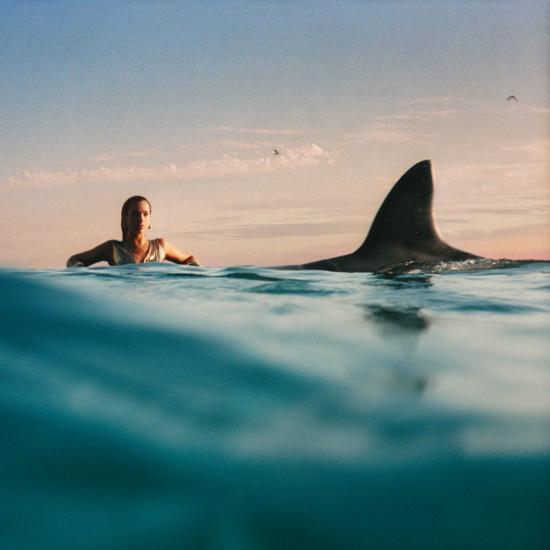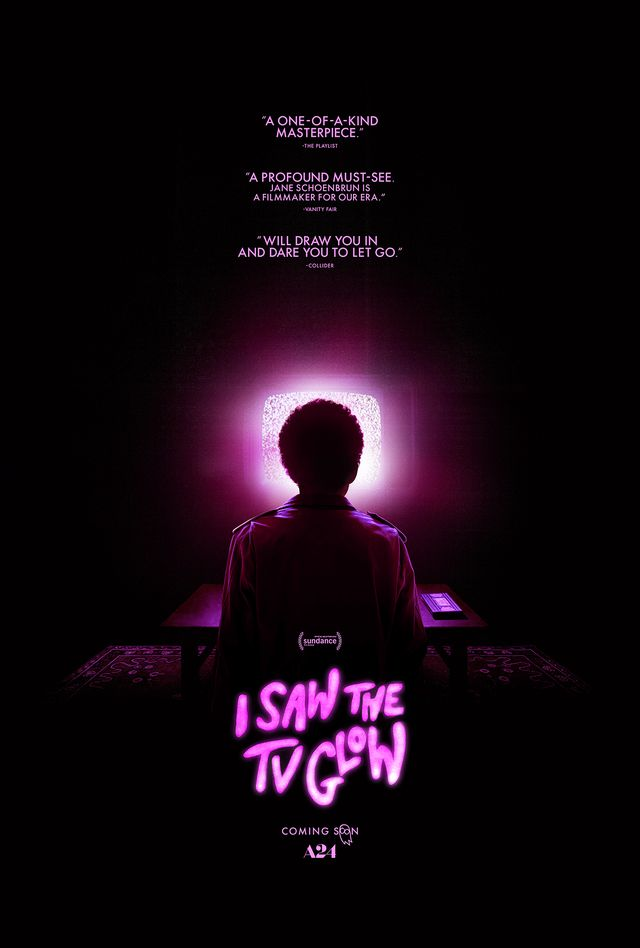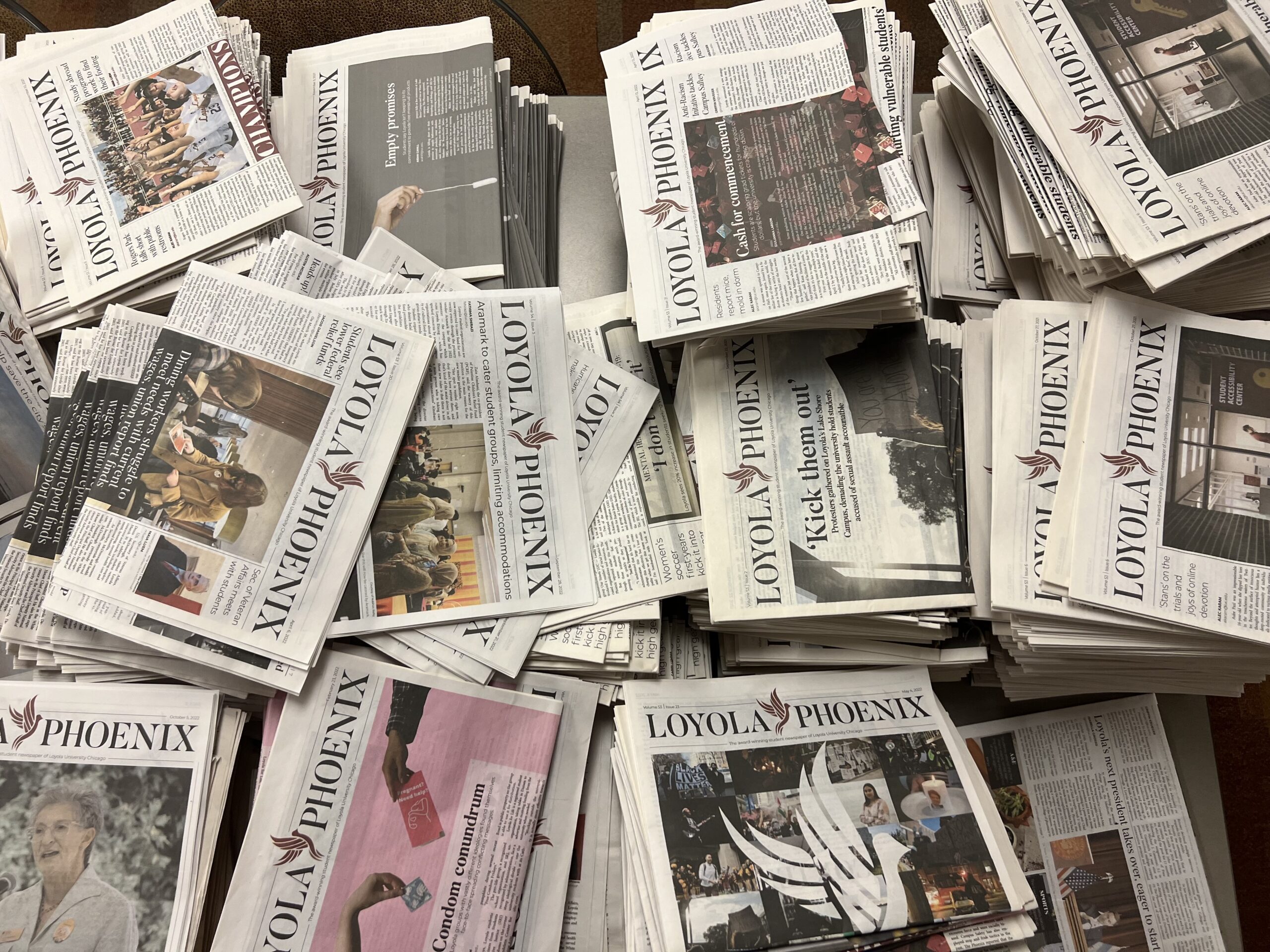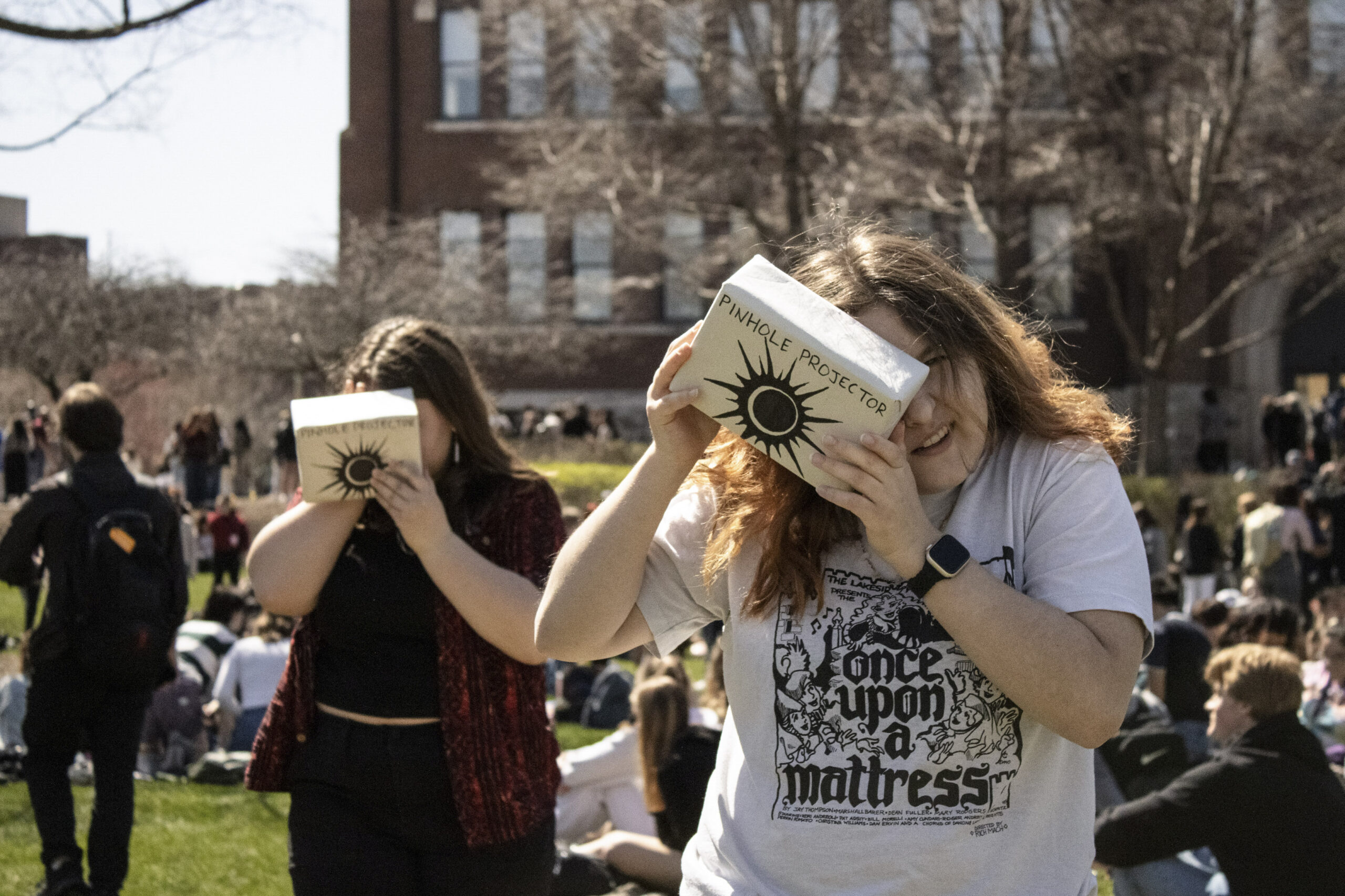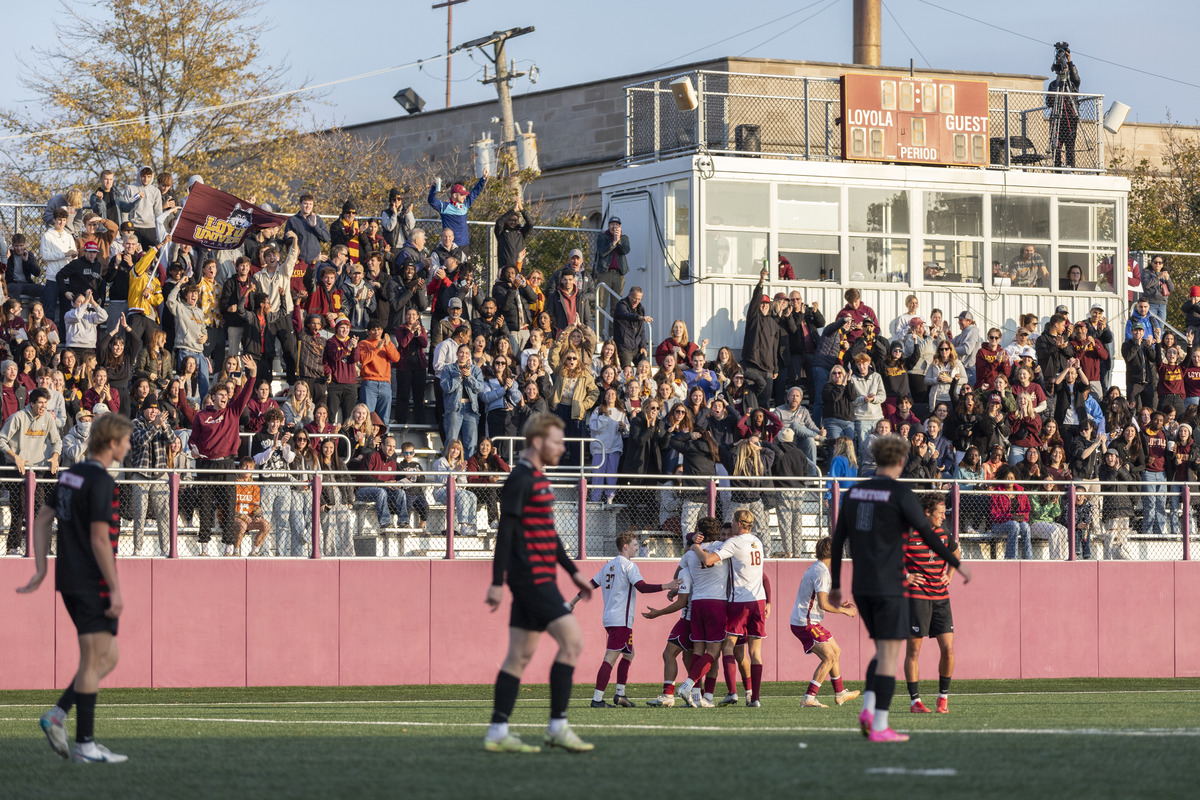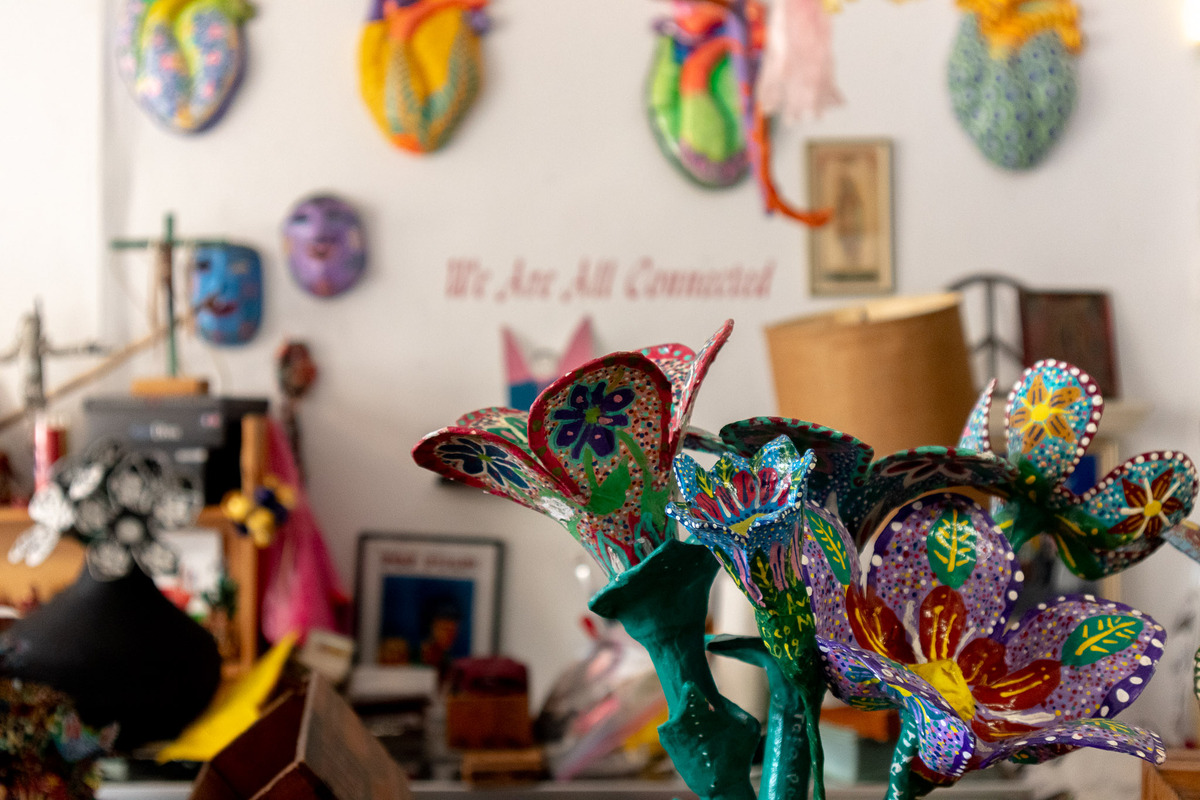Horoscope editor Catherine Myer talks about the highs and lows of being a middle child.
Essay: Being a Middle Child Isn’t Always a Curse

Alfred Adler’s theory of middle children being often forgotten or overshadowed has its moments of truth. But I find that being a middle child isn’t all gray skies and pessimism.
Despite all my whining and grumbling, being a middle child isn’t all bad. This is a rather shocking claim for me to make because if there’s one thing I’m good at, it’s complaining about being a middle child.
After my older sister Ellie recovered from the trauma of gaining a sibling, we became an inseparable duo. It took a bit more adjustment on my end when my little brother Henry was introduced to the picture.
It seemed as soon as I became a middle child, my grievances became never-ending.
Shortly after Henry was brought home from the hospital, I took my crayons to paper in a fit of blind rage.
In the foreground, a perfectly picturesque family of four makes their way into a church building, a blue sky twinkling above them. In the background, a bird is flying away with my baby brother in tow — never to be seen again.
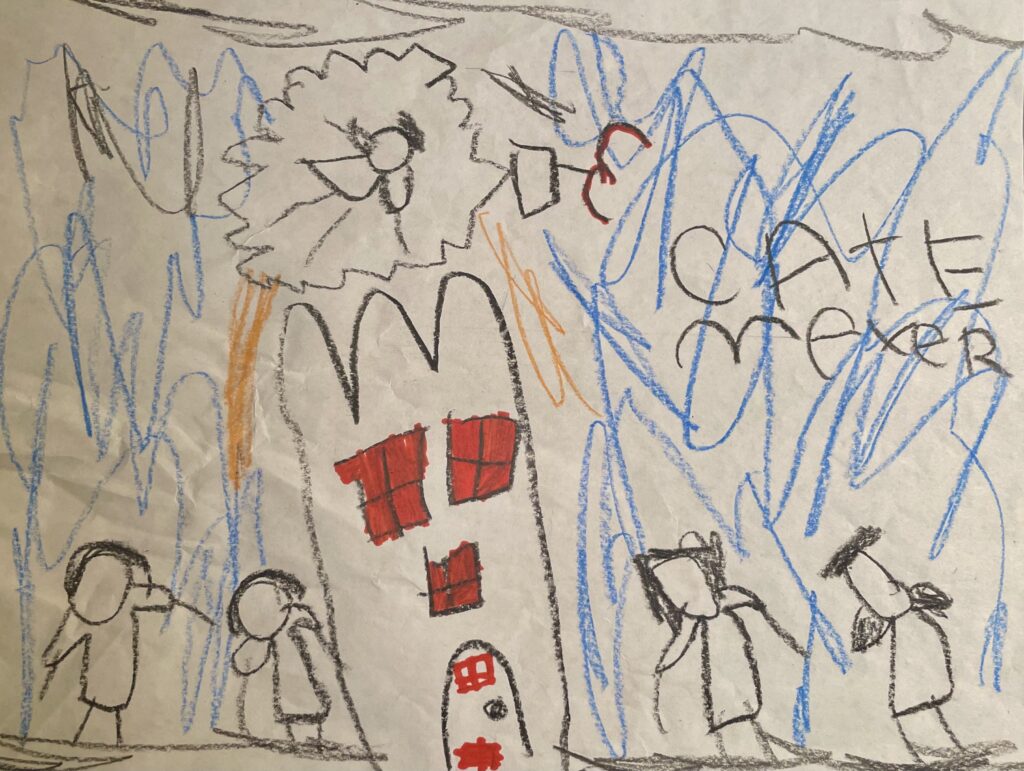
Later, I was inspired by Disney’s “Lilo & Stitch” to keep a “badness level” of Henry’s behavior. I drew an outline of his body and colored in red lines every time he did something I deemed naughty. I told my parents that once the silhouette was full of red ink, Henry needed to be removed from our house.
The page was stained red in minutes. Despite this, Henry remained a member of our family.
But, in our lineup of siblings, the middle is the best place to be.
When it comes to sibling arguments or groupings, I’m the final weight that tips the scale — my presence determines the majority. We’re usually divided by age, gender or height and in any case, I’m on the side with two.
This comes in handy when winning petty debates, but is to my detriment when I’m always the sibling who has to share a bed on vacation.
Being the middle child grants me the advantage of having the older sibling’s advice, while also allowing me the privilege of leading the younger sibling.
As a high schooler, I relished in the moments I got to spend in Ellie’s bedroom, sprawled across her duvet, giggling about something or other. She whispered to me secrets from her time at college, and I sat mesmerized by her wise lessons.
Similarly, I find it sweet when I look through Henry’s playlists and find songs I play often in the car — a small symbol of my own influence over the years. We like to sing along to The Beatles’ “When I’m Sixty Four” together.
I didn’t like Henry’s attachment to me at first. As a child, I was praised by my family for my imitation of Roz’s deep, raspy voice from Disney’s “Monsters, Inc.” I was less than amused when Henry began copying my go-to schtick and receiving laughs for his blatant plagiarism.
However, this is a common pain amongst older siblings. I know Ellie was not too pleased when I gave my teddy bear the same name as hers. This kind of idolization comes with the territory of having a younger sibling, and it’s something I’ve grown to cherish.
The smaller age gaps I have with my siblings also play to my benefit. I find it easier to relate to both of them than perhaps they do with each other.
Ellie and I grew up performing ballets, musicals and plays — typically starring her as a princess and me as the princess’ loyal kitty cat. We wrote original murder mysteries and put on two-woman shows of “The Nutcracker.” We lived in our dress-up box.
But by the time Henry was old enough to play with us, we had aged out of our dramatic flair, leaving him behind.
On the other hand, while high-school-aged Ellie began watching more mature drama shows, Henry and I would continue to shriek in glee over the fart jokes in “Adventure Time.” As Ellie silently read her thick chapter books on the couch, Henry and I would howl and whoop as we wrestled our father to the living room floor.
Truthfully, I love being a middle child, despite my long list of grievances. I love the opportunities it grants me in my relationships with my siblings.
Even though it’s such a crucial part of my identity, you might not peg me as the second kid if you looked at me and my siblings now.
At six feet tall, Henry doesn’t seem like the baby brother anymore. And Ellie and I have often been mistaken for twins thanks to our similar facial structures.
But we all know what the real sibling lineup is, and it’s something I wouldn’t trade for the world.
Feature image courtesy of Catherine Meyer



